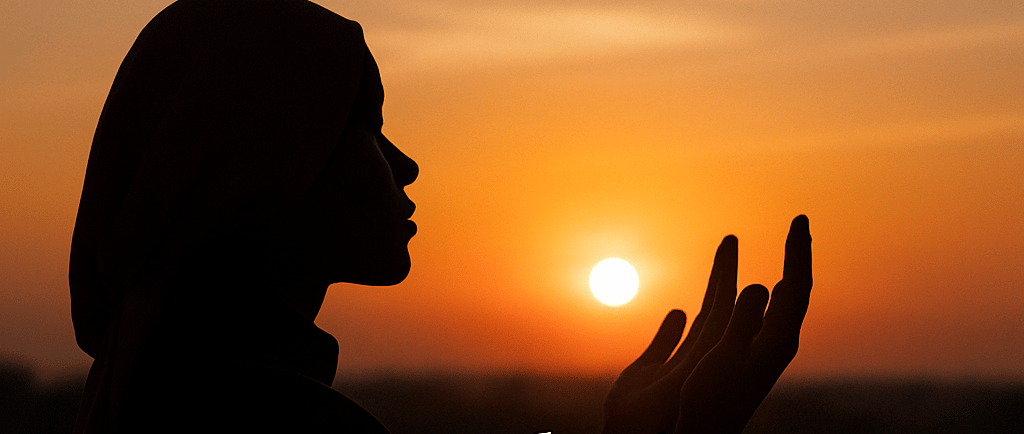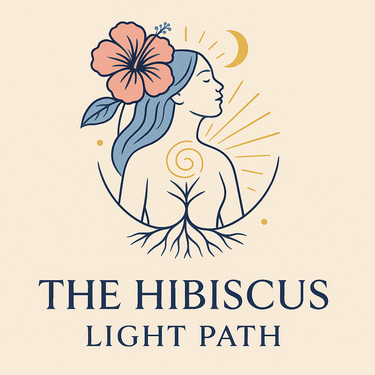When Surrender Speaks Louder Than Strength
A powerful reflection on the strength found in surrender. This blog explores what it means to let go of ego, pride, and attachment in order to grow, align with your values, and reconnect with your “why.” A soul-stirring read for anyone on a journey of self-awareness and purpose.
SPIRITUAL GROWTH & INNER TRANSFORMATION
Elizabeth Iember
6/6/20253 min read


In a world where control feels like safety, there’s an ancient story that asks us to do the unthinkable:
Let go.
It’s a story shared across the great spiritual traditions—Islam, Christianity, Judaism—and even beyond, into the deep heart of humanity.
The story of a man, a father, a friend of God.
His name was Ibrahim.
Or Abraham.
And his legacy is more than a religious tale.
It’s a mirror—held up to each of us.
One night, he saw a vision: sacrifice your beloved son.
No context. No conditions. No escape clause. Just the call. And he obeyed.
Why?
Not because he was cold.
Not because he lacked love.
But because he had already surrendered everything except his own will—and now it, too, was being asked for.
This story isn’t about a knife.
It’s about a threshold.
A moment in time where faith must walk without sight.
Where ego must step aside.
Where love for the Divine must come before all else—even what you hold most dear.
And in this quiet, cosmic moment—between the raising of the blade and the breaking of the self—something eternal happened.
The heavens paused.
The ego bowed.
And trust became sacred.
That sacrifice, in the end, was never about blood.
It was about belief.
A test—not of obedience alone, but of alignment.
A man and a boy, laying down the deepest human instinct—self-preservation—so they could become vessels of something higher.
And today, centuries later, that story still whispers:
What are you being asked to surrender?
What is your “Ismail”?
What are you clinging to that is keeping you from your next becoming?
This story is not confined to religion.
It is found in every person who has ever had to say:
“I don’t know where this is going. But I know why I started.”
“I don’t understand the pain. But I trust the process.”
“I can’t see the whole path. But I choose to walk it anyway.”
And if we look closely, we’ll see it everywhere:
– In the artist who keeps painting even when no one sees.
– In the mother who keeps loving even when she’s weary.
– In the refugee who leaves everything for a hope they can’t explain.
– In the survivor who rebuilds again and again and again.
– In the believer who stays on the path, not because it’s easy, but because it’s true.
Surrender is not weakness.
It’s the highest form of strength.
The festival of Eid ul-Adha reminds Muslims of this truth each year—but it is not theirs alone. The spiritual echo of Ibrahim's act speaks to anyone who's ever had to give up comfort for conviction, or lay something precious on the altar of purpose.
It asks:
What do you need to let go of to become who you are called to be?
What part of your ego must die so your soul can truly live?
It is easy to perform.
It is harder to obey.
And it is hardest of all to surrender when the command makes no sense.
But that’s exactly when it means the most.
Because real faith begins where control ends.
And the journey back to your “why” begins where certainty stops.
So today, don’t just remember the story.
Live it.
Dust off your “why.”
Hold it again.
Trust that you are being shaped for something sacred, even if you don’t yet see the form.
And when you are asked to sacrifice—comfort, expectation, ego, attachment—do it with the knowing that this is how your legacy is written.
🌺 The test is never about what you give up.
It’s always about who you become.
With surrender and strength,
Elizabeth Iember
✨ Reflective Prompt for the Journey:
What are you still holding on to that might be keeping you from becoming your highest self?
What does surrender look like for you—not to the world, but to your own truth?
What was your “why” when you first began this path—and how can you reconnect with it today?
